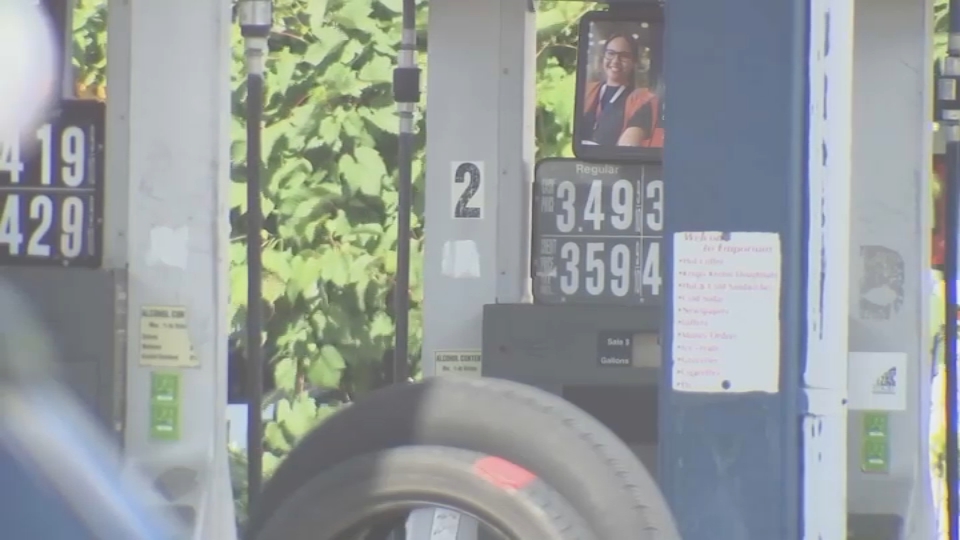Scammers are constantly looking for new ways to go after your money. Now they’re piggybacking off hopeful COVID-19 vaccine news to do it.
One technique involves sending someone a text, email or social media message that says they qualify for a clinical trial – maybe even suggesting they could make hundreds or thousands of dollars by taking part, according to the Better Business Bureau.
The goal is to get someone to click on a link or download a document, which could fish for personal information or come with malware.
Real clinical trials may offer payment, in totals that can range from $1,000 to $2,500, the Federal Trade Commission says. But you should never pay to participate, nor offer your financial information, like a bank account or routing number.
Through genuine clinical trials, the FTC says, you can opt to receive payment through check instead of direct deposit.
"If you get the text [for a scam], they will ask you to click on a link or download some type of document,” said Rihanna Smith Hamblin from the Better Business Bureau. “If you are downloading a document you could be putting malware on your computer. That's a big problem, they are trying to take your information. If you click on a link they might be fishing throughout your personal information."
Local
In-depth news coverage of the Greater Boston Area.
Legitimate trials may also ask for your name or contact information, but should never ask for a social security number, the FTC says.
If you want to check the validity of a clinical trial, you can visit clinicaltrials.gov for a database that provides more information on real ongoing trials.



